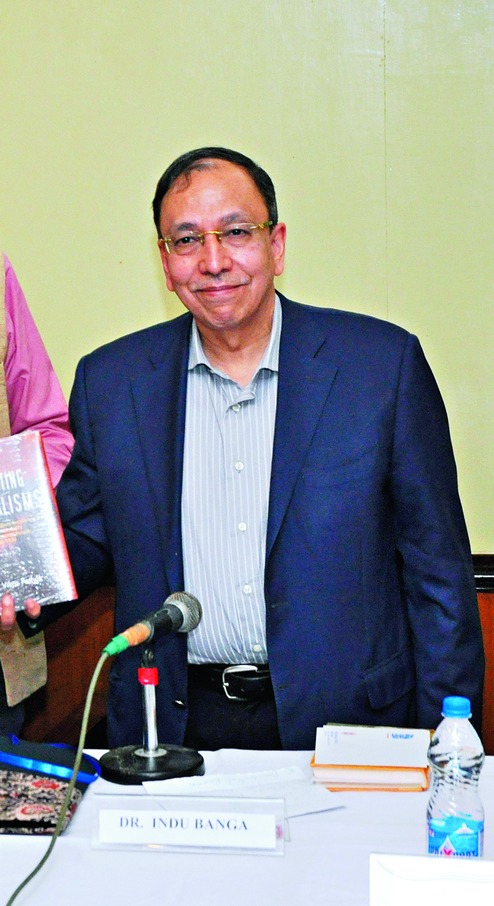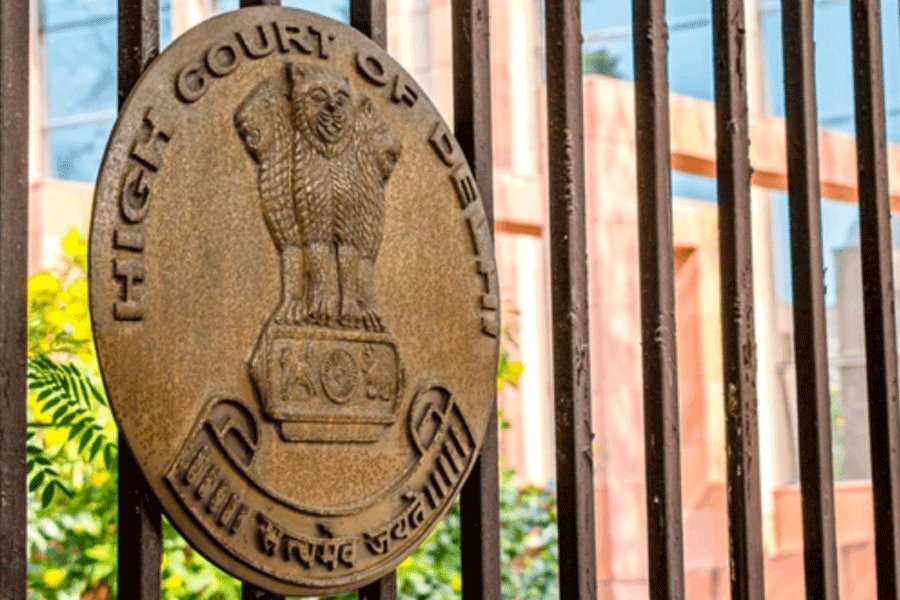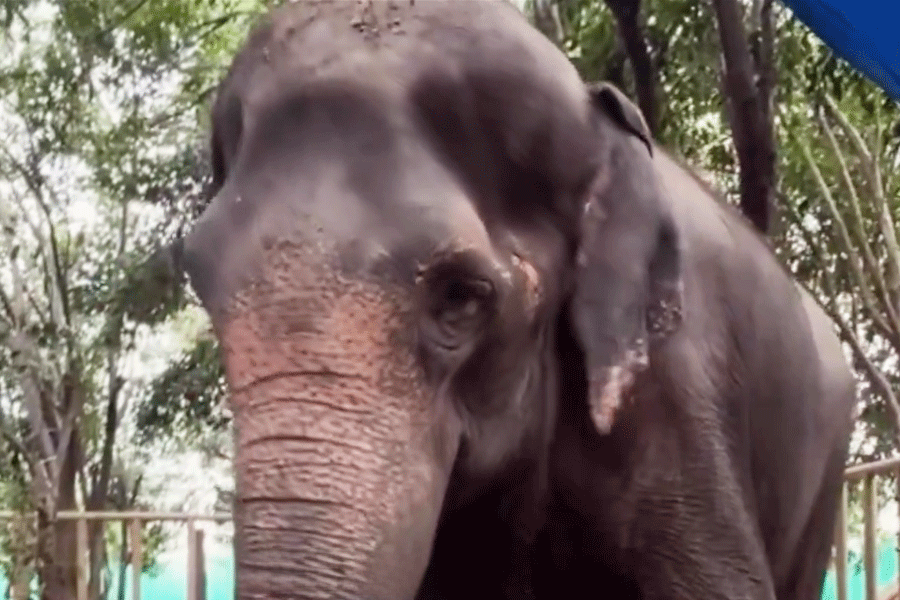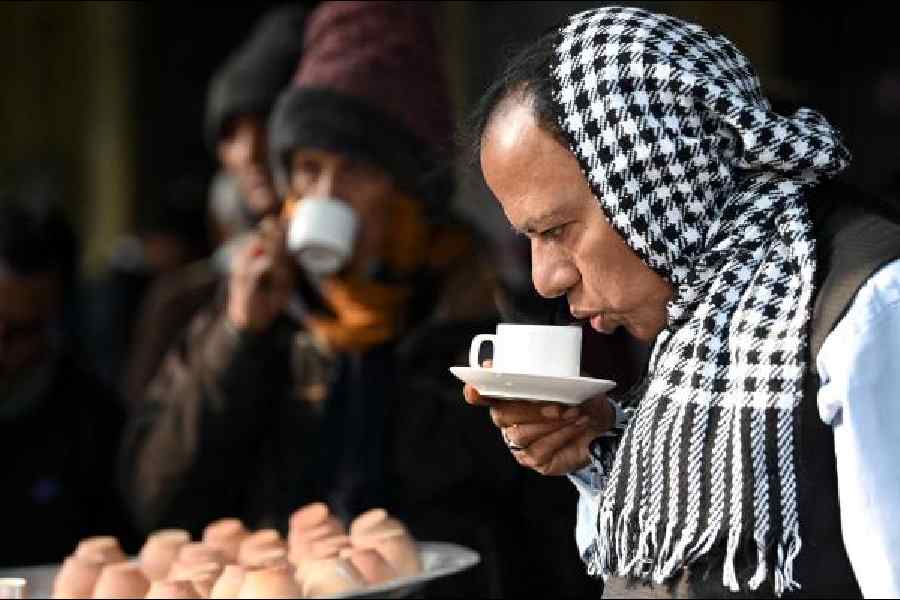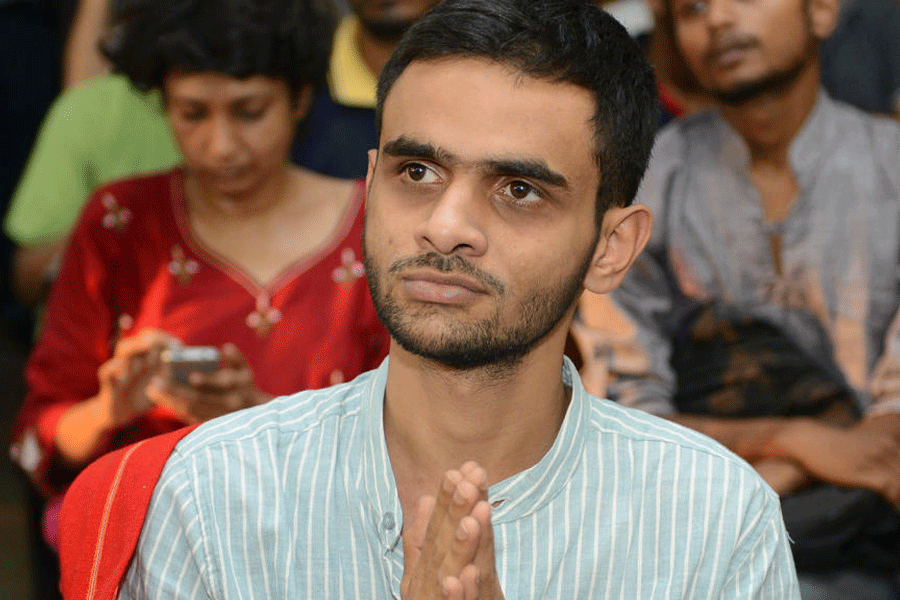
Calcutta: Mahatma Gandhi did not stand up when Vande Mataram was played out at a prayer meeting in north Calcutta on August 29, 1947, because he interpreted such a gesture as "a European import", historian Sugata Bose said during a panel discussion at the Indian History Congress on Friday.
Jana Gana Mana was adopted as the national anthem in 1950 and Vande Mataram became the national song. In the recent past, sections sympathetic to the Sangh parivar have sought to make Vande Mataram a barometer for patriotism.
At the history congress discussion in Jadavpur University, Bose and other historians were speaking on "The partition of India: Revisiting after 70 years".
"I will mention one tiny episode here. Late in August of 1947 at one of Gandhiji's prayer meetings, (Huseyn Shaheed) Suhrawardy (the last Prime Minister of Bengal) was on the stage with him," Bose said.
"Hindus and Muslims all stood up when Vande Mataram was sung. The national song was performed. Mahatma Gandhi alone remained seated, saying it was not a requirement of Indian culture to stand up and show respect when the national song is performed. This was, he said, a European import."
The historian, a Trinamul MP, was recalling how Gandhi had conducted himself when he crisscrossed the country to douse the communal flames that broke out after Partition.
Later, asked about an instance in the recent past when a poet and a disability campaigner was beaten up in Goa for not standing up when the national anthem was played in a movie hall, Bose said: "The Father of the Nation had explained one could still be respectful to the national anthem even if one remained seated. Instances of people being... assaulted if they dare to remain seated are instances of militant nationalism.
"You can't generate patriotism by force. Patriotism has to come from within. Our national leaders, be it Mahatma Gandhi, Netaji Subhas Chandra Bose or for that matter Rabindranath Tagore, they were all patriots, but at the same time they were opposed to militant nationalism."
The Supreme Court had last year made standing up mandatory during the rendition of the national anthem. But three months ago, a top court bench that included the Chief Justice of India said it might make the order optional, replacing the word "shall" with "may", and the Centre was free to modify the rules.
According to Bose, the Narendra Modi government, which has regularly been invoking Mahatma Gandhi, never highlights these little acts by the Father of the Nation as they do not suit the purpose of an administration that seeks to erase history or approach history with an element of selectivity.
"They will never shed light on these acts by Gandhiji. They will never recall that Gandhiji had said that the riots in Bihar were a hundred times more horrifying than what had happened in Noakhali (the Bihar riots of 1946 were seen as a retaliation to the massacre of Hindus in Noakhali, now in Bangladesh). This is called approaching history with an element of selectivity," Bose told The Telegraph.
Bose said an attempt had been launched to wipe out medieval history, particularly Mughal history, and replace it with fiction. "They forget that history is not a matter of opinion but a matter of interpretation based on evidence," he said.
JU vice-chancellor Suranjan Das and historians K.L. Tuteja, Nonica Datta and Urvashi Butalia spoke at the panel discussion, moderated by historian Indu Banga.

